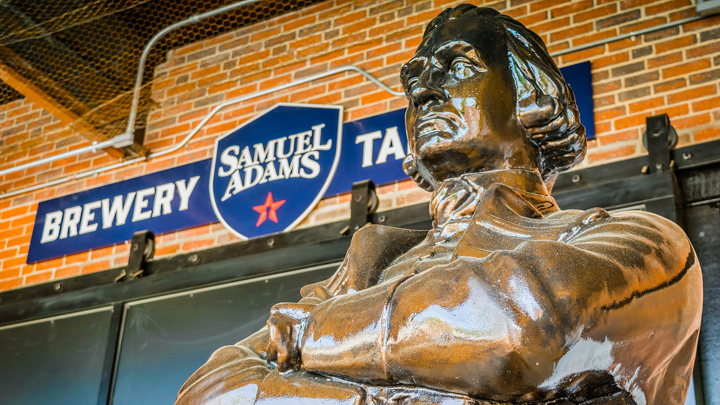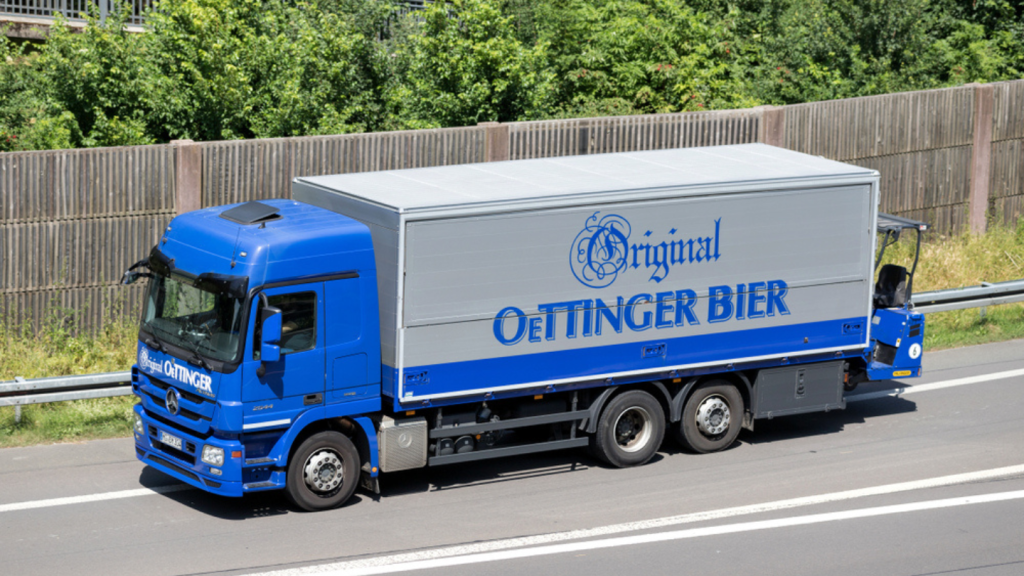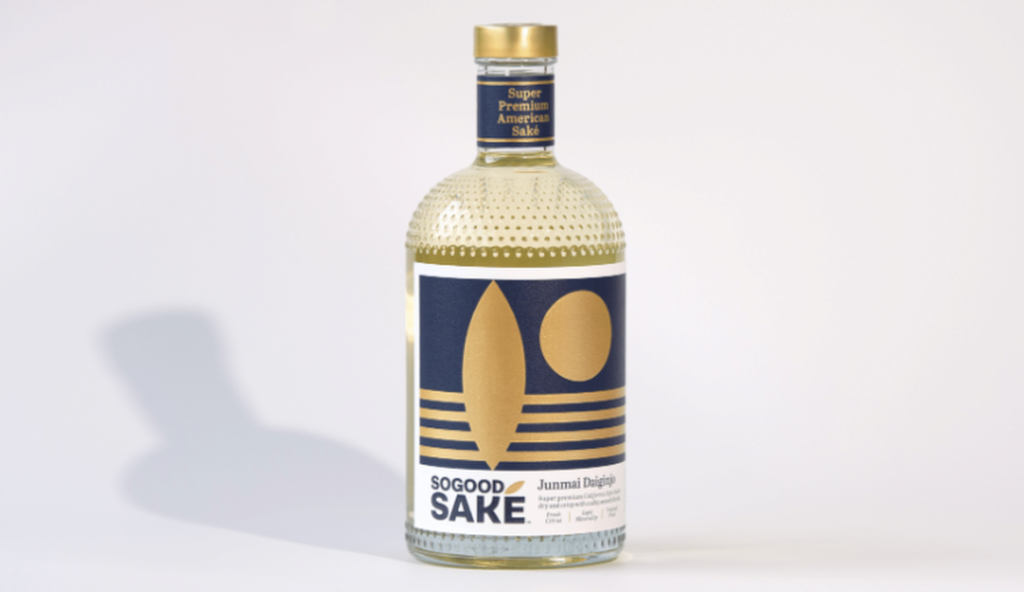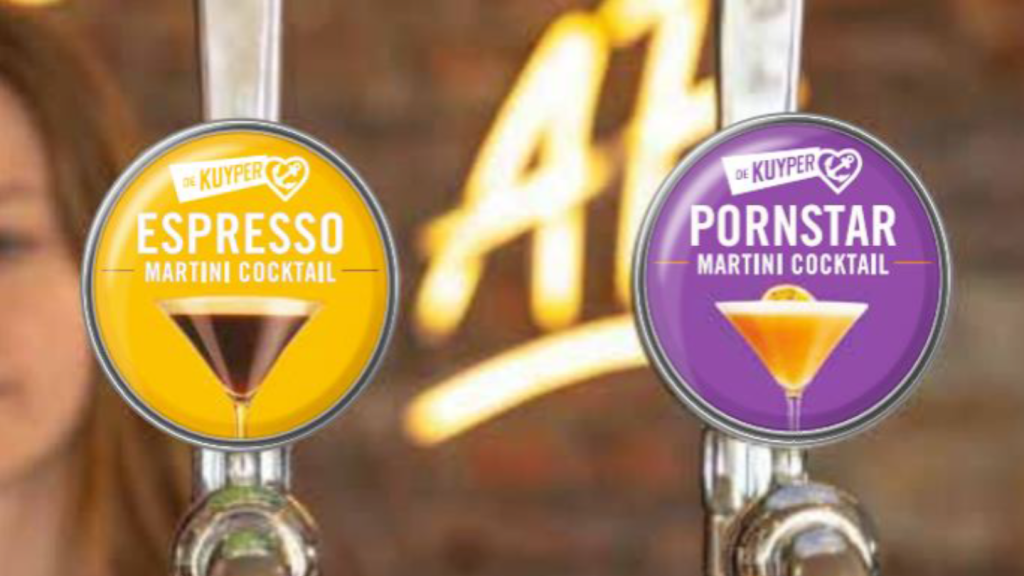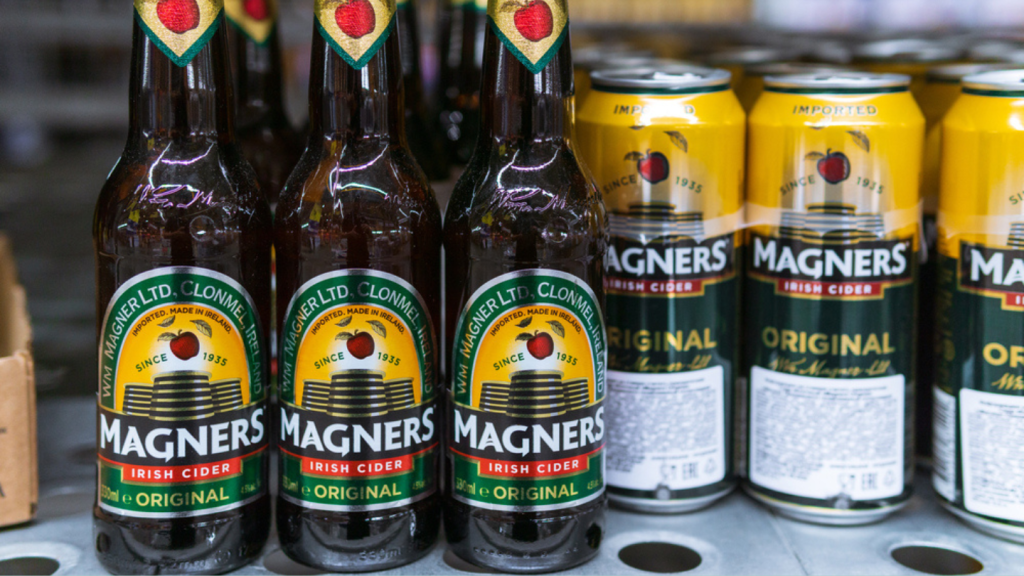Boston Beer Co. has often been a feature of takeover talk in brewing circles in recent years, with the US business put up by industry watchers as an asset that could be of interest to potential suitors.
In recent days, the Sam Adams brand owner has again attracted M&A headlines, prompting chatter about what could happen next to the brewer.
Late last week came a Wall Street Journal report that Boston Beer was in early talks to sell up to Suntory Holdings, a story the Japanese giant denied.
Days later, the WSJ said Canadian cannabis producer Green Thumb Industries had written to Boston Beer expressing interest in a deal. Green Thumb told Just Drinks it has a policy “not to comment on market rumours”.
Alongside, Sam Adams beer and cider brand Angry Orchard, Boston Beer has an RTD offering with Twisted Tea and its Truly hard seltzers range, the latter being the second most popular in the US category after Mark Anthony Brands' White Claw.
The company owns four breweries; in Cincinnati, Los Angeles, Pennsylvania and its founding brewery in Massachusetts.
Boston Beer used to be seen by the purists as a true ‘craft’ brewer but the group’s size and output have changed perceptions, as did a decision to contract some of its volumes to then MillerCoors.
“Boson Beer is one of the pioneering craft brewers in the USA but has arguably outgrown the segment and is often perceived now as a regional brewer," GlobalData beer and cider research manager Kevin Baker tells Just Drinks.
In 2023, the company generated a net revenue of $2.13bn, down 3.9% year on year. Depletions were 6% lower and down 5% on a 52-week comparable basis.
Boston Beer made an operating income of $100m, versus $90.8m a year earlier. Net income of $76.3m was up 13.4% on 2022.
In the first quarter of 2024, revenues and profitability improved but depletions remained flat. Shipments inched up 0.9% as growth from Twisted Tea offset declines for brands including Truly, the hard-seltzer brand that has proved a challenge for Boston Beer for a number of quarters.
Reflecting on those results in April, analysts at AllianceBernstein wondered whether the Q1 numbers "could be a sign of smoother sailing ahead" pointing to better-than-expected volumes and margin that they said were "clear incremental positive factors to the Boston Beer story".
However, the analysts suggested that while Truly’s rate of decline was "moderating the path to the brand reaching volume stability remains highly uncertain, in our view".
They added: “Until the company has accurate visibility into Truly’s volume path, optimising the supply chain – and therefore meaningfully improving gross margins – will remain like trying to hit a moving target.”
For other industry watchers, Boston Beer faces a series of challenges that could make a sale attractive.
“Rather than wait for a mistake, they might want to cash in. Neither craft beer nor cider or hard seltzer are realistically going to bounce back in coming years so Boston Beer would have to find the next new trend again,” an industry analyst who wished to remain anonymous told Just Drinks.
The pros and cons of deal with Suntory
With Suntory pouring cold water on the WSJ story, perhaps an analysis of a potential deal between the Jim Beam whiskey distiller and Boston Beer is now moot. But, when the story first emerged, it prompted reflections from analysts covering the brewer.
Boston Beer and Suntory have worked together in the past. In 2021, Suntory’s US spirits subsidiary – now known as Suntory Global Spirits – entered a long-term partnership with Boston Beer to release brands including Truly.
Suntory is, of course, home to the namesake beer and it does have a RTD business in its home market, where it produces the Japanese brands Minus 196 and Kodawari Sakaba.
Alongside its sizeable Jim Beam Bourbon business in the US, Suntory has also made a push into the US RTD category in the past, notably including its deal for On The Rocks in 2020.
While acknowledging Suntory's comments brushing off talk of discussions, AllianceBernstein analyst Nadine Sarwat suggested that "on paper, this potential deal could make sense in at least a few ways", including giving Suntory a greater presence in the so-called 'fourth category' in the US.
She added: "From Boston Beer’s perspective, the stock has been struggling and visibility into meaningful topline growth remains limited, in our view.
"And while [co-founder] Jim Koch is currently only chairman of Boston Beer, he is still central to the culture of innovation at the company and his succession planning remains a critical question for investors. An acquisition at a solid premium could
offer a good solution to all these points."
However, a deal between Suntory and Boston Beer would, Sarwat explained, would be "an acquisition not devoid of challenges". Synergies would be "limited", Suntory may find it a challenge to maintain Boston Beer's "secret sauce" of culture and innovation and using M&A to build scale in the US "is not necessarily an advantage" due to the country's three-tier distribution system.
Plus, she added, Koch, as the sole owner of the brewer’s Class B shares, “has 100% voting share over Boston Beer under most circumstances” and would need to sign-off on the deal. “Suntory would need Jim Koch’s approval of the deal – regardless of if his vote is necessary – as he is a clear culture carrier of the firm and would ideally stay on for a few years. But could Jim Koch think that Boston Beer is undervalued at today’s price?”
Uncertainty over merits of Green Thumb tie-up
According to the WSJ, Green Thumb Industries CEO Ben Kovler wrote to Koch expressing interest in a merger between the two companies.
Kovler reportedly said a deal would benefit Boston Beer as young people are drinking less and the cannabis market is set for growth.
Boston Beer is not averse to cannabis and launched the cannabis-infused tea brand TeaPot in the Canadian market in 2022.
“While on paper there is a little bit of strategic rationale to this newly suggested combination, US THC would be a completely different game, both in terms of sector fundamentals and federal regulation," Sarwat cautioned. "Taken together, we suspect this would stop potential talks before they even get started.”
She echoed some of her concerns around any deal with Suntory: company culture and Koch's position on the Boston Beer shareholder roster.
"However committed to innovation both companies are for their respective sectors, culturally they remain very different, and we would anticipate this to be a headwind," she said.
In its last financial year, Green Thumb Industries generated $1.1bn in sales. A combination would see the balance of the businesses be roughly two-thirds Boston Beer and one-third Green Thumb.
Sarwat said Koch could be open to the type of reported interest from Suntory due to the recent pressure on Boston Beer's share price if a deal was struck at a high enough premium.
"However, a merger with Green Thumb would be a completely different scenario," she explained. "Given the sizes of the companies, if it materialised, it would likely involve a stock element (not just cash), leaving Jim Koch exposed to Green Thumb.
"Furthermore, while Class A investors cannot explicitly veto a deal, we would expect many to vote with their feet. Most would simply not want exposure to cannabis due to weaker fundamentals and/or due to its federally illegal status."
What about Heineken?
Heineken has often been linked to Boston Beer in the past. A deal would double the size of Heineken’s US business – making it the fourth-largest brewer in the market by volume – and significantly increase its presence in the ‘beyond beer’ product segments.
Heineken’s US portfolio consists of imported beers from the Netherlands and Mexico’s Dos Equis and Tecate.
An industry analyst tells Just Drinks that Heineken, despite its size, is only a “marginal operator” in the US market. Acquiring Boston Beer would not only add its RTD portfolio to its roster but help the Dutch brewer market in the US and scale quickly with an eye on “premiumisation”.
“For Heineken,” the analyst notes, “there would be a possibility to move production onshore. The benefits are somewhat limited as most sales are currently in the north east, close to ports connected with Europe but Boston Beer could help with a more national roll-out.”
However, it should be noted that the Heineken group has recently finished a takeover of South Africa’s Distell Group and Namibia Breweries. Getting involved in a second major deal on the other side of the world might not be a workload and gamble leadership is enticed by.
Sarwat pointed to reflections she made last year on the idea of a move by Heineken for Boston Beer, when she said the possibility of a tie-up was "one of the most common investor questions we get" was what the next big deal in beer could be.
At the time, she said: "In our view, one such deal could be the acquisition of Boston Beer by Heineken, with an attractive strategic rationale for both parties, albeit we
don't see a deal as imminent."
A transaction would be "transformative" for Heineken's US business, with the prospect of a range of synergies and the Dutch brewer "culturally [having] the best shot at maintaining Boston Beer’s ‘secret sauce' for innovation".
Boston Beer could benefit from Heineken's "supply chain best practices" and a deal possibly with a stake for Koch in Heineken Holding would "diversify his portfolio and solve his succession problem".


